13 Terrible Car Tips Mechanics Wish You’d Stop Believing (And What to Do Instead!)
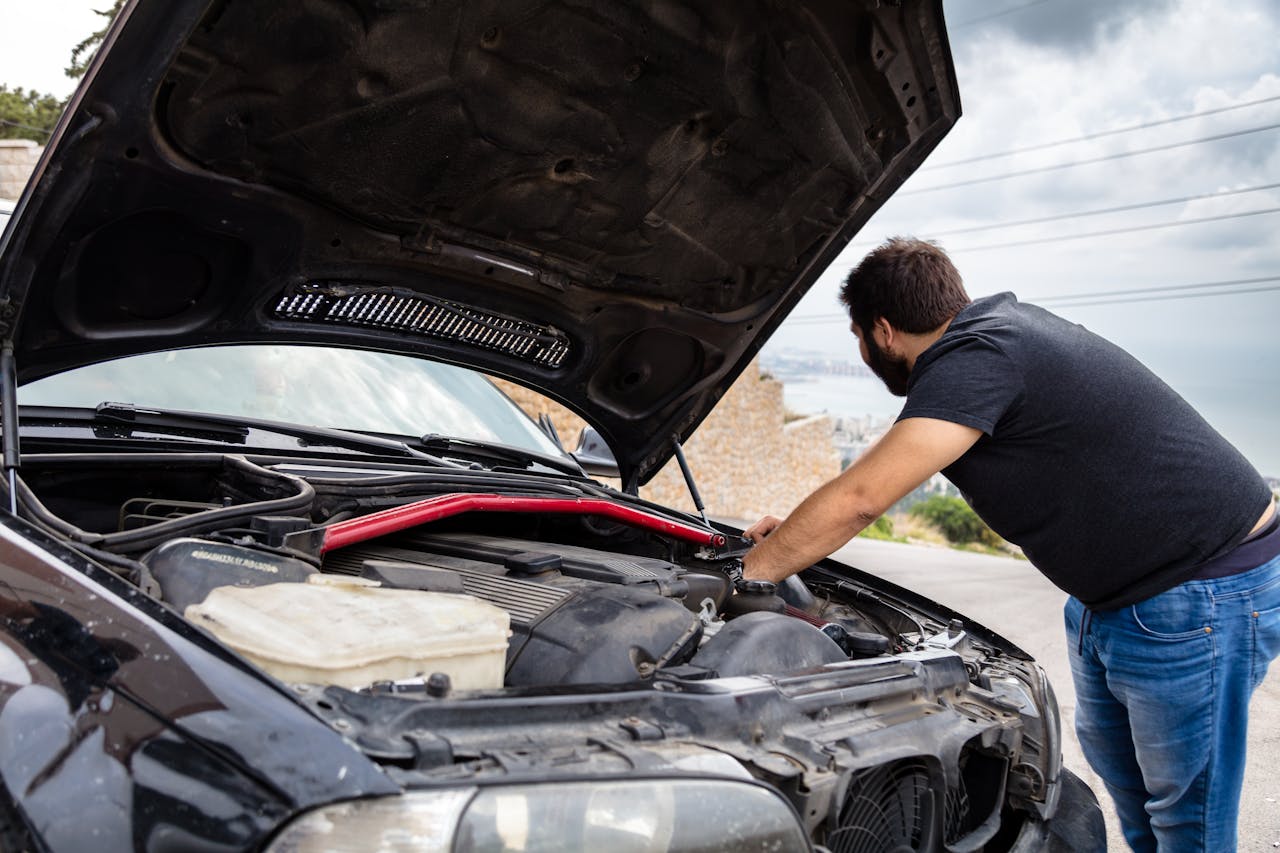
When it comes to car maintenance, everyone seems to have advice. Whether it’s your neighbor who thinks he’s a car expert, or your friend who swears by a “hack” they found on the internet, the truth is, not all car tips are created equal. In fact, many are outright dangerous or detrimental to the health of your vehicle. Mechanics, the real experts in the field, have heard it all—and they’re here to set the record straight.
Here are 12 of the worst car tips mechanics have ever heard, and why you should absolutely avoid them.
1. “You Don’t Need to Change Your Oil Until the Light Comes On”
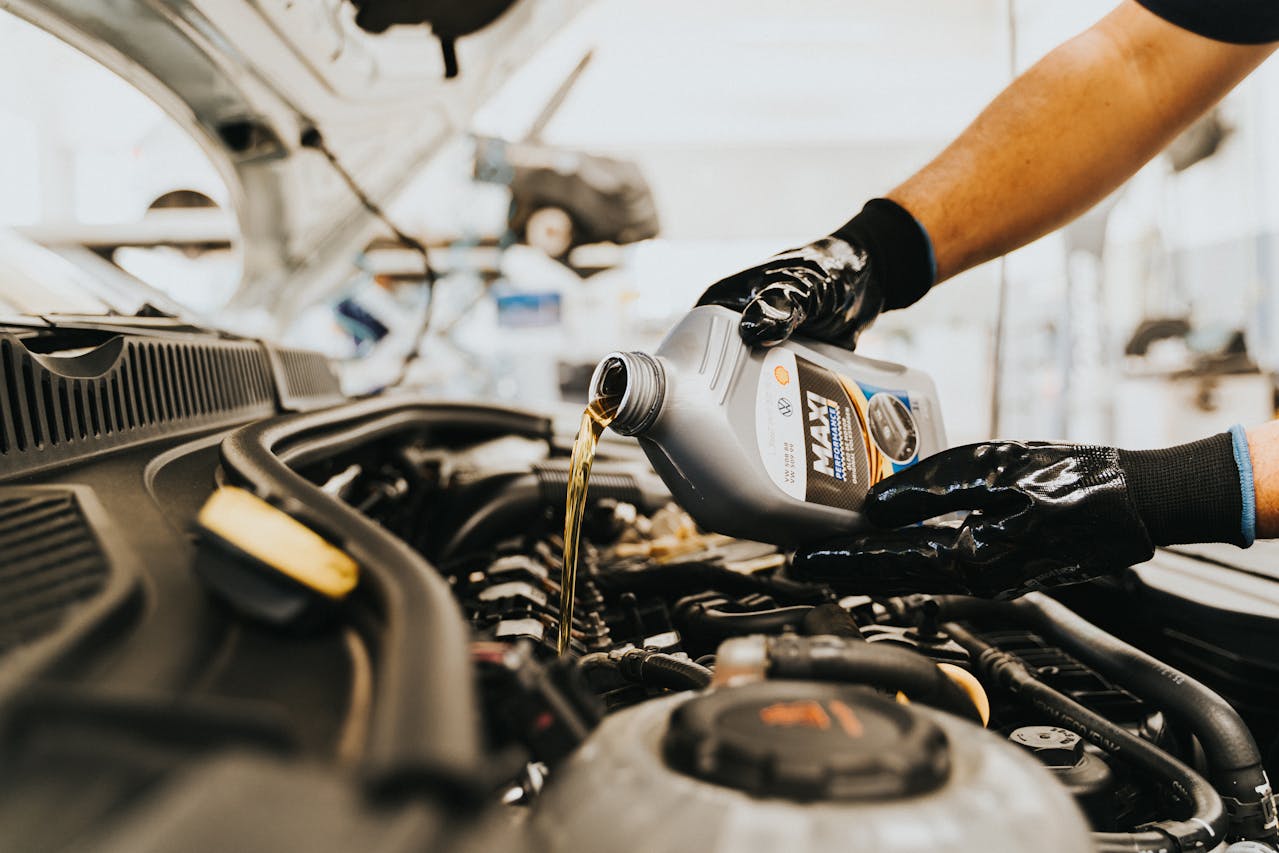
This one might sound logical—why change the oil if the warning light hasn’t come on yet, right? Wrong! The oil light is a late-stage warning, meaning that by the time it lights up, your engine could already be in trouble. Oil changes are crucial to keeping everything running smoothly. Skipping them can lead to engine wear and expensive repairs. Instead, stick to the manufacturer’s recommended interval (usually between 5,000 and 7,500 miles), and don’t wait for the dreaded light to start flashing!
2. “Using Dish Soap as a Car Wash Works Just Fine”
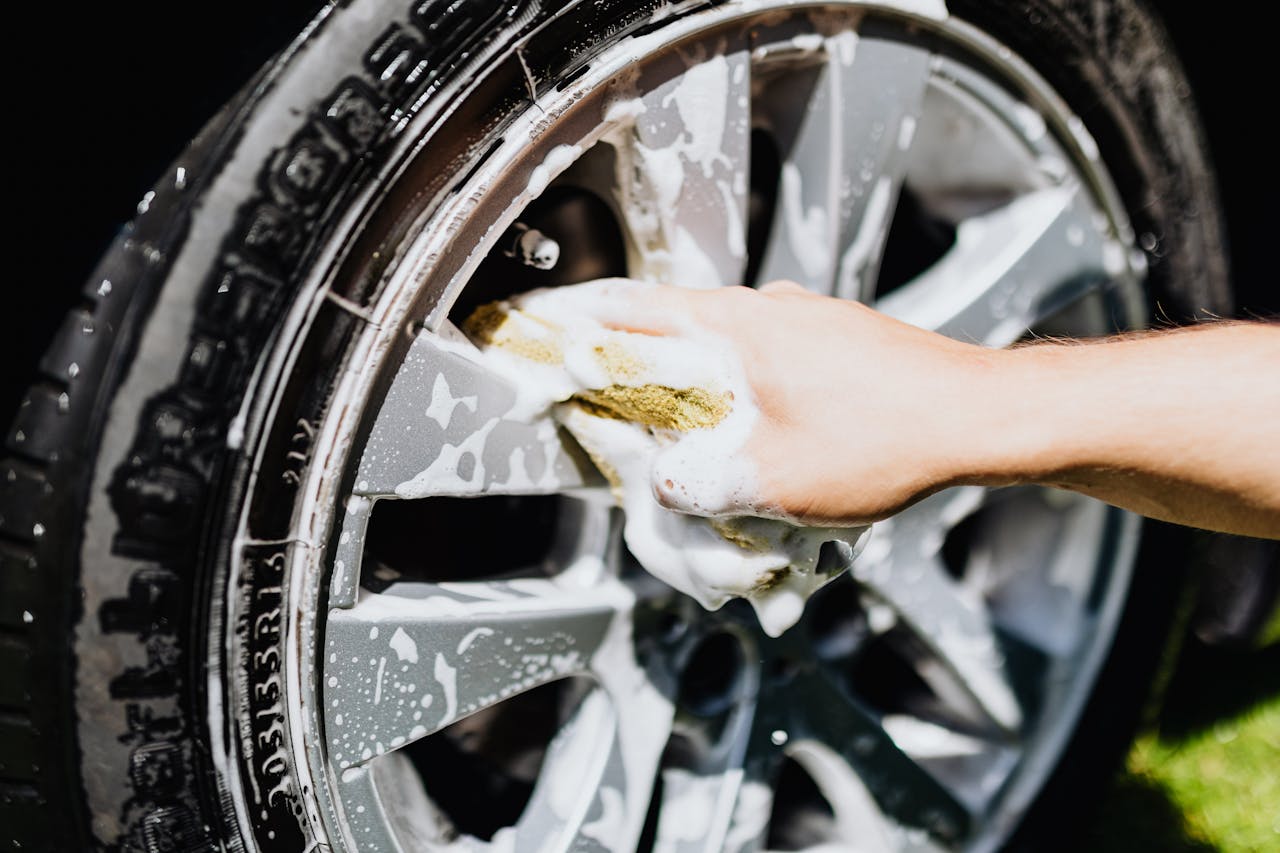
We’ve all got that one friend who swears dish soap will get your car squeaky clean. Sure, dish soap is great for cutting through grease—on your pots and pans! But on your car? Not so much. Dish soap strips the protective wax layer off your car’s paint, leaving it vulnerable to sun damage, dirt, and grime. Stick to a car-specific wash solution, which is designed to clean without harming the paint or finish.
3. “You Can Skip Replacing the Fuel Filter”
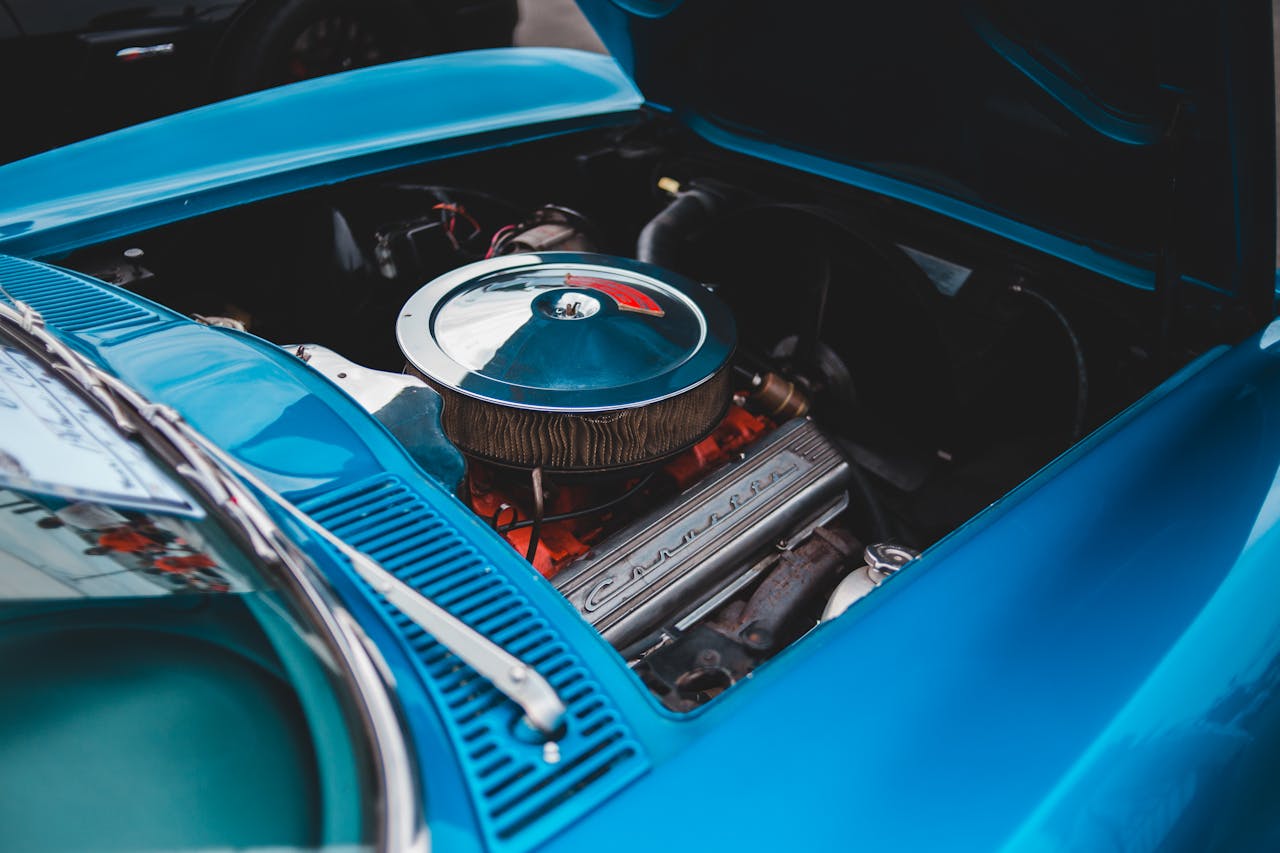
Skipping out on the fuel filter might sound harmless—until it clogs and your car starts sputtering. A clogged fuel filter can restrict fuel flow, reducing engine performance or even causing your car to stall. No one wants that! Mechanics agree: following your car’s maintenance schedule and replacing the fuel filter when needed keeps things running smoothly and prevents bigger problems down the road.
4. “More Gas Is Better for Your Car”

The idea that “filling your tank to the absolute brim is better” is a tip that’s far from helpful. Overfilling your tank can cause damage to modern fuel systems, particularly in cars with evaporative emissions systems. When you overfill, the excess fuel can flood the vapor recovery system, causing all kinds of issues. Mechanics recommend keeping your tank filled between a quarter and three-quarters to avoid these problems—and you can skip that final click at the pump.
5. “You Don’t Need to Rotate Your Tires”
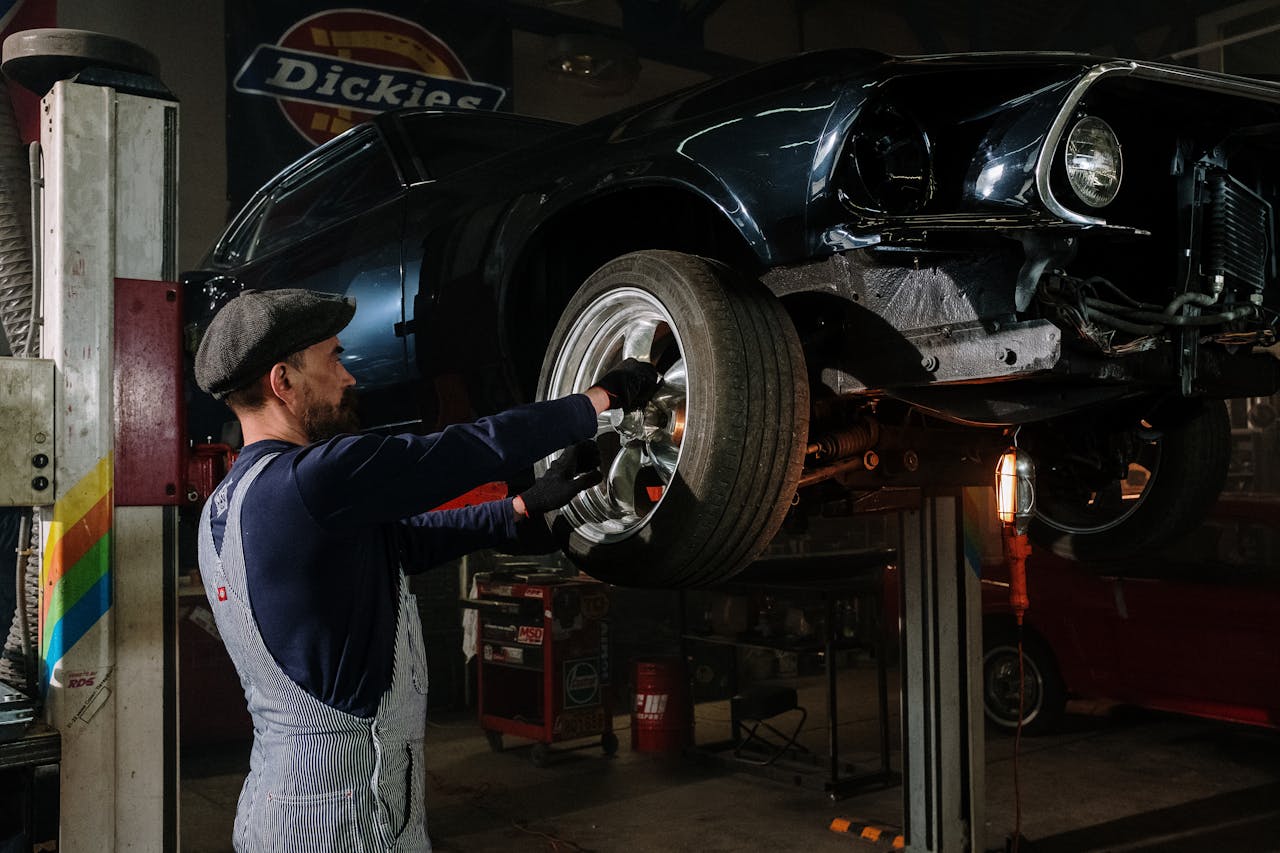
If you’ve ever been told that rotating your tires is unnecessary, throw that tip out with last week’s junk mail. Failing to rotate your tires leads to uneven tread wear, which means you’ll end up replacing them sooner than you should. Uneven wear also impacts handling, making your car less safe to drive. Most mechanics suggest rotating your tires every 5,000 to 7,500 miles (or whenever you get your oil changed).
6. “Warming Up Your Car for 10 Minutes Is Essential”
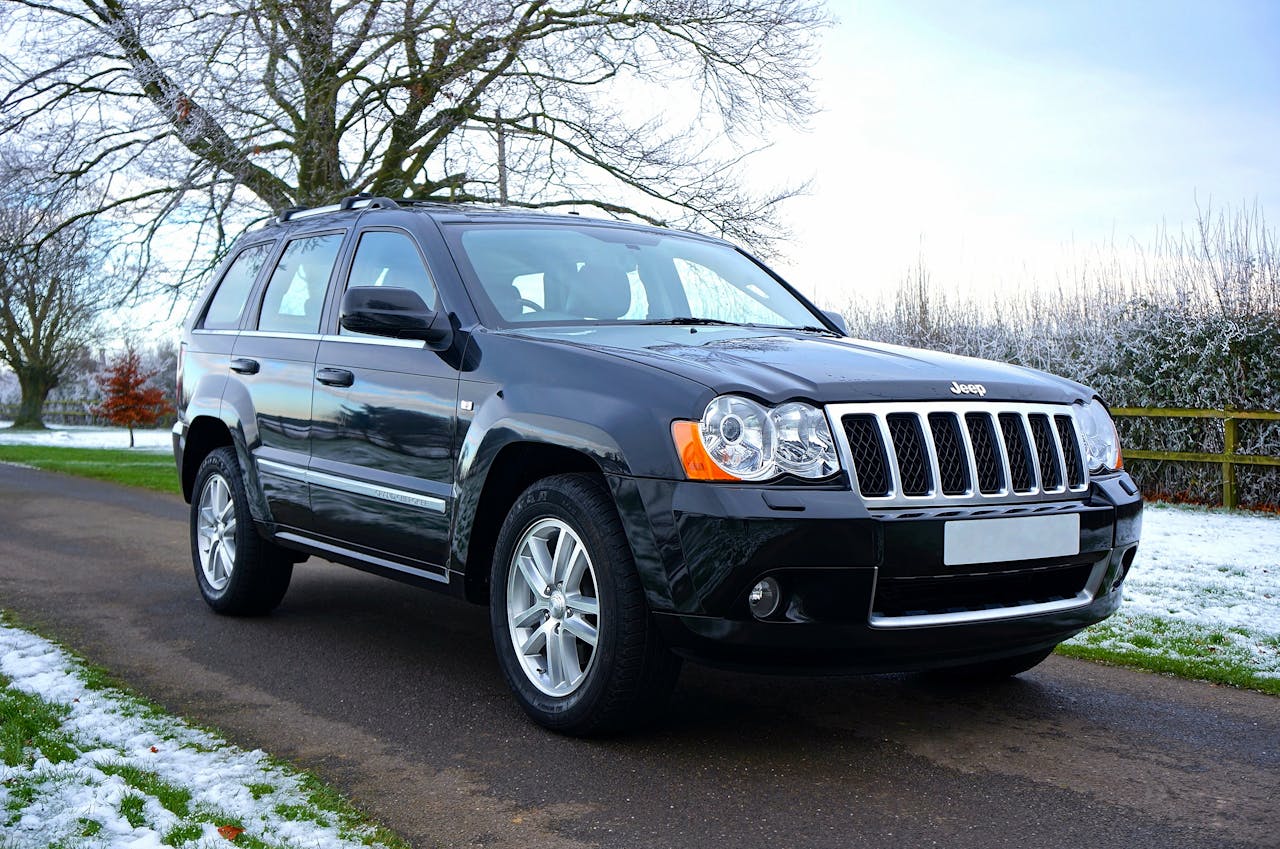
For those living in colder climates, it’s common to think you need to let your car idle for ages before driving. But guess what? That’s outdated advice! Modern engines are designed to warm up quickly while you drive, meaning you don’t need to idle for more than 30 seconds before hitting the road. Idling too long not only wastes gas but also isn’t great for the environment. Just give your car a brief moment, then drive gently until it reaches operating temperature.
7. “High-Octane Gas Is Always Better for Your Engine”
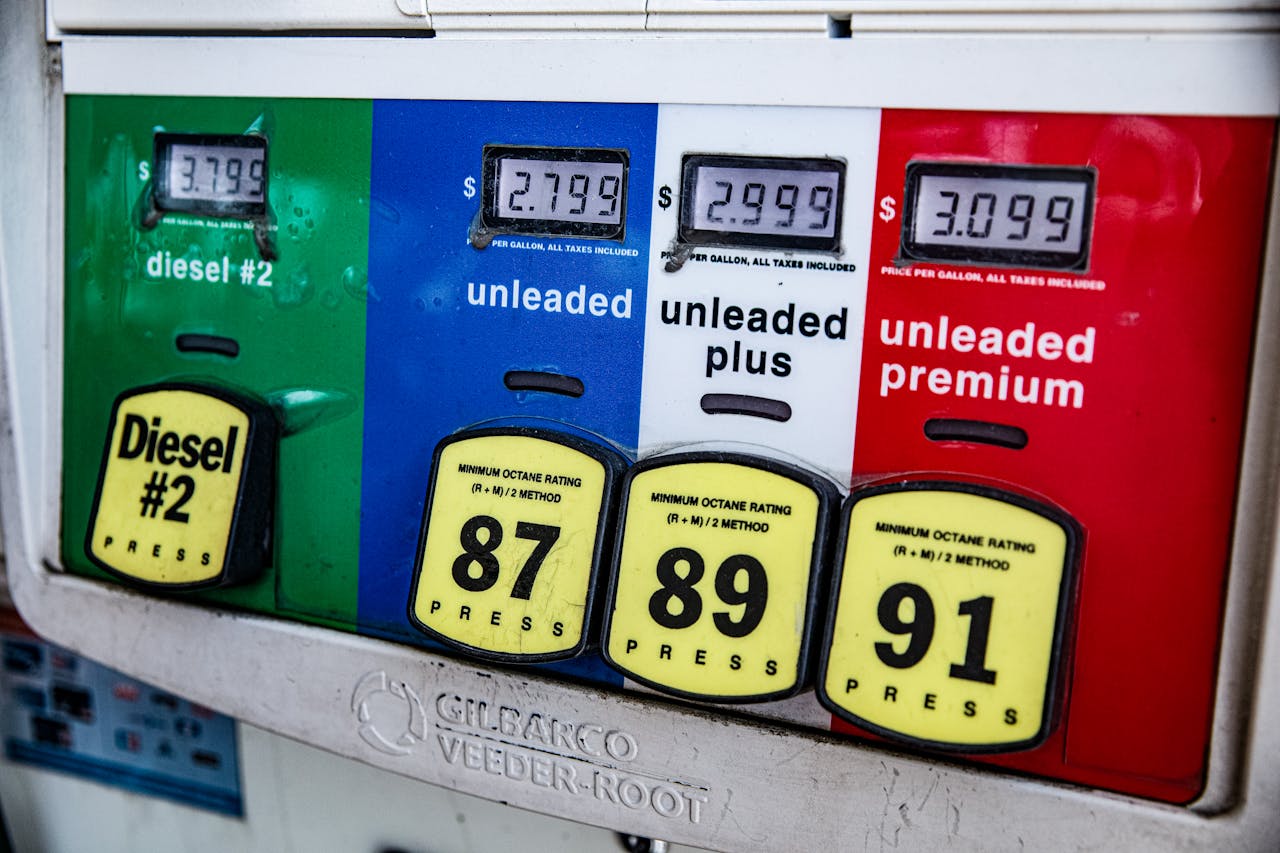
It’s easy to assume that high-octane gas must be better, right? Not really. Unless your car specifically requires premium fuel (as mentioned in your owner’s manual), using high-octane gas won’t improve performance. In fact, you’re just throwing money away. High-octane fuel is designed for high-compression engines, so if your car doesn’t need it, there’s no benefit. Stick to the recommended octane level, and save that extra cash!
8. “If It’s Not Broken, Don’t Fix It”
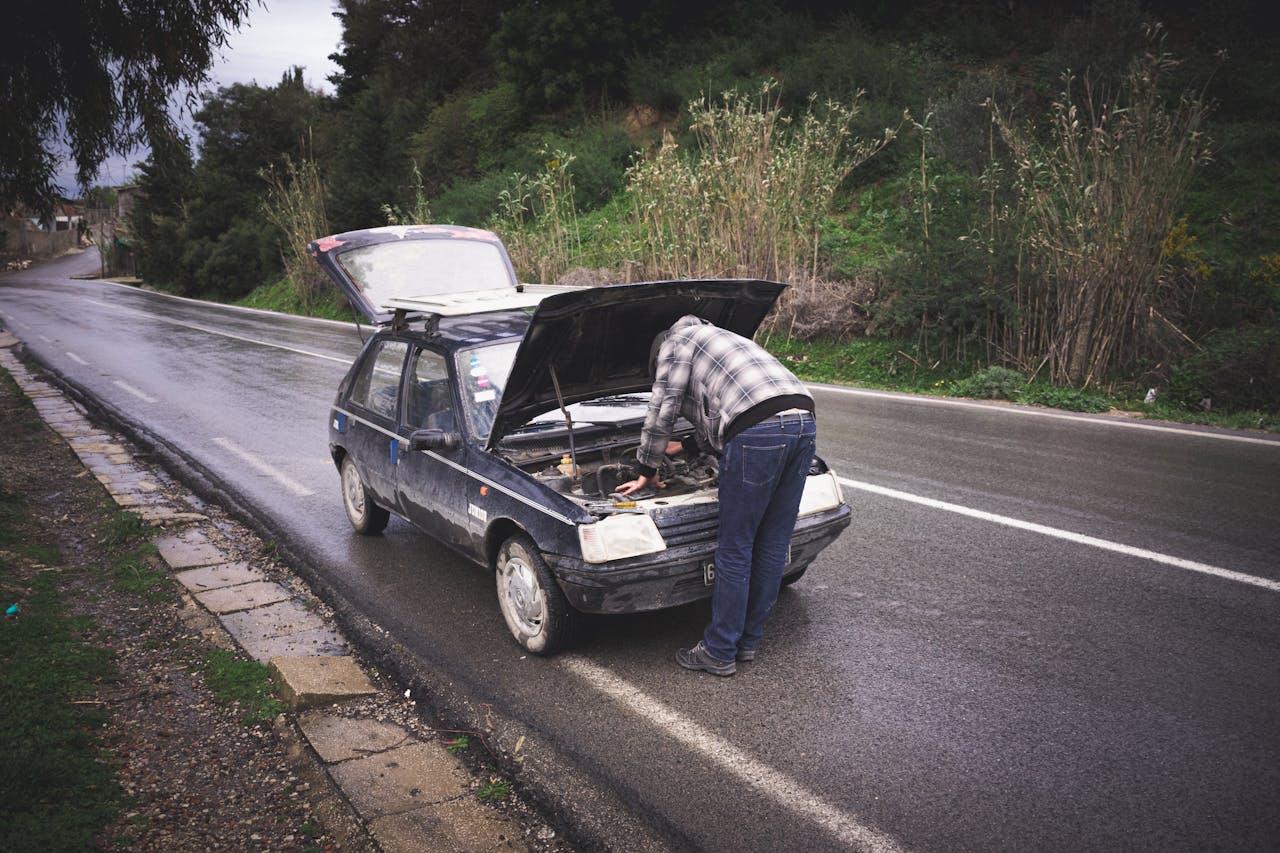
This advice sounds tempting, but when it comes to cars, ignoring preventive maintenance is like playing with fire. Just because your car isn’t visibly “broken” doesn’t mean it’s running perfectly. Many mechanical issues develop silently, and skipping regular maintenance can turn a small, fixable problem into an expensive repair. Mechanics recommend staying on top of routine maintenance, like oil changes, fluid checks, and brake inspections, to avoid costly surprises.
9. “Pouring Coke on a Battery Fixes Corrosion”
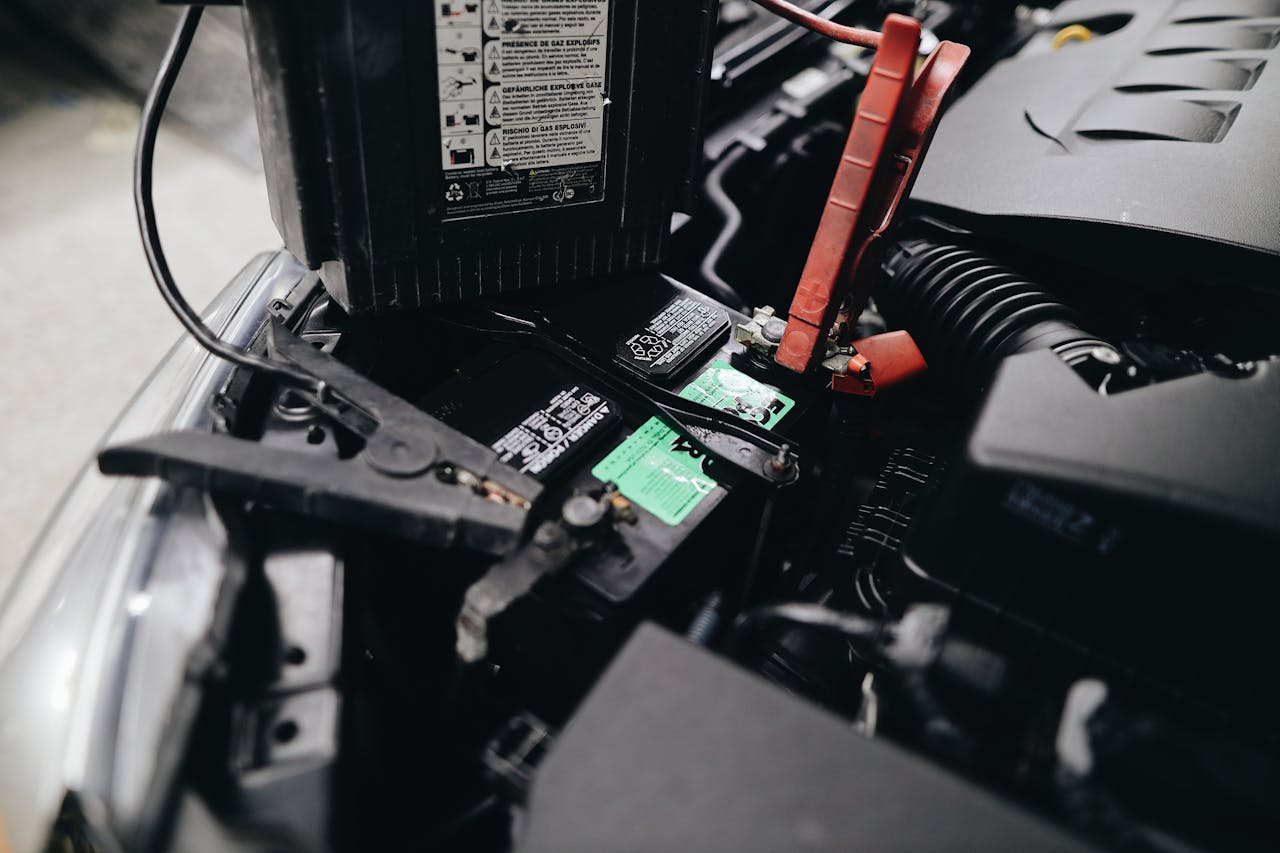
Yes, this sounds bizarre, but it’s something mechanics hear more often than you’d think! While pouring soda on a corroded battery terminal might seem like a quick fix, it’s not the best approach. The acid in soda can indeed eat away at corrosion, but it can also leave behind a sticky mess, attracting dirt and causing more problems. A better solution? Use a mixture of baking soda and water, then clean the terminals with a wire brush for a proper fix.
10. “Any Oil Will Do”
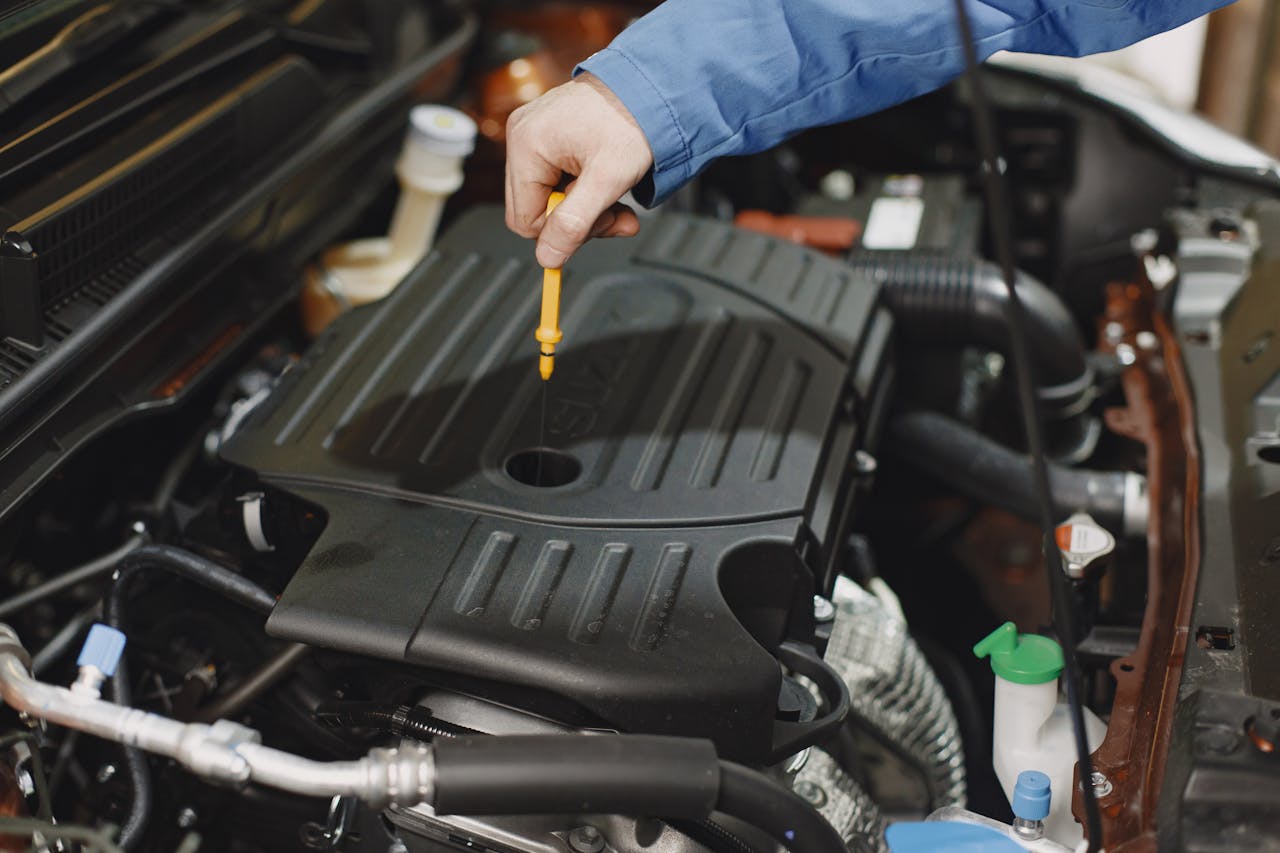
There’s a reason your car’s manual specifies a certain type of oil. Each vehicle’s engine is designed to work with oil of a particular viscosity and composition. Using the wrong oil can lead to poor performance, decreased fuel efficiency, and even engine damage. Mechanics always stress the importance of sticking to the recommended oil type for your car, so don’t just grab whatever’s on sale—your engine will thank you!
11. “Brake Fluid Never Needs to Be Changed”
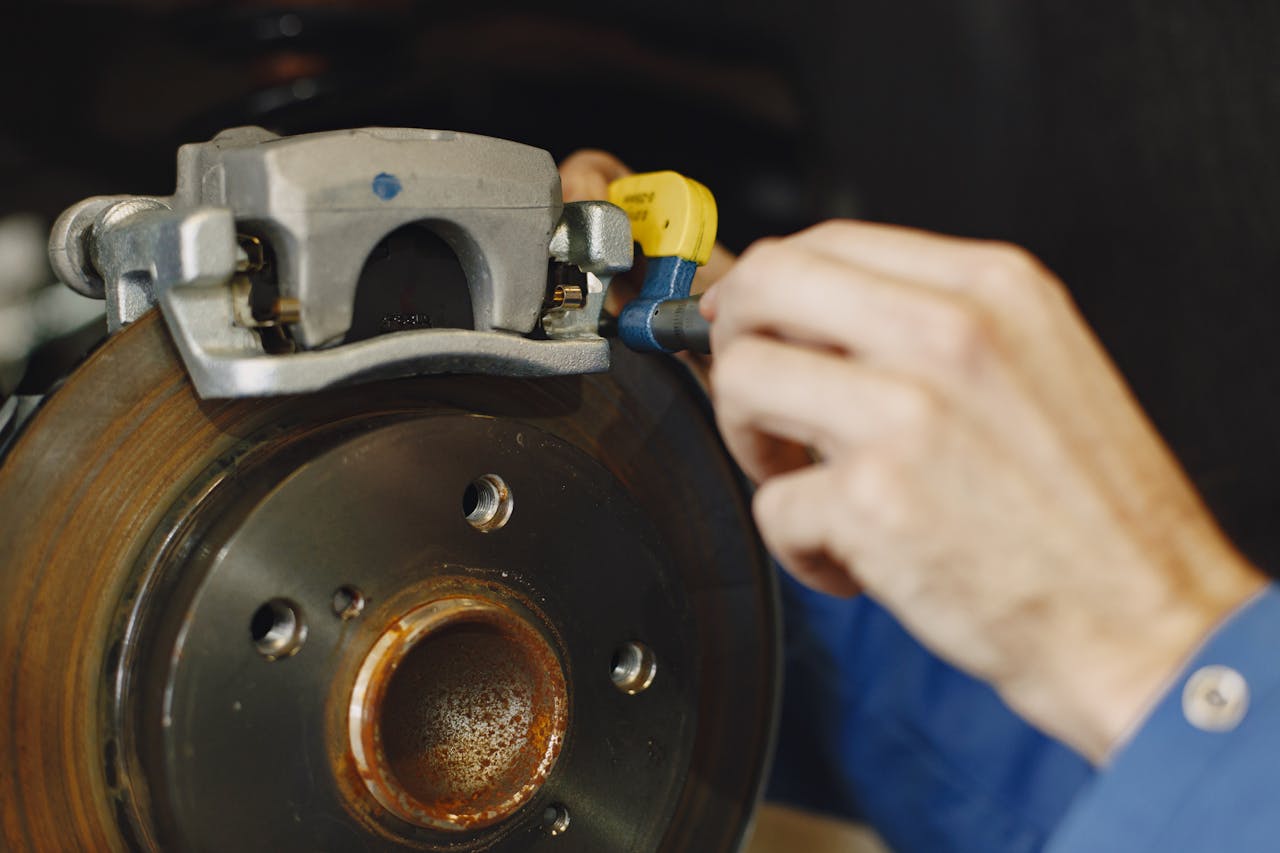
Brake fluid is one of those things people rarely think about, but ignoring it can be dangerous. Over time, brake fluid absorbs moisture, which can lead to corrosion in the brake system or, worse, brake failure. Mechanics recommend replacing brake fluid every two years or according to your car’s maintenance schedule to ensure that your brakes are always working their best.
12. “Just Ignore the Check Engine Light—It’ll Go Away Eventually”

Ah, the infamous check engine light. Some people think that if their car still seems to be running fine, the light is just being dramatic. Bad idea! The check engine light can be triggered by a wide range of issues, from something minor like a loose gas cap to something serious like engine misfires. Ignoring it could lead to bigger problems down the line. If your check engine light comes on, it’s always a good idea to have a mechanic diagnose the issue.
Final Thoughts
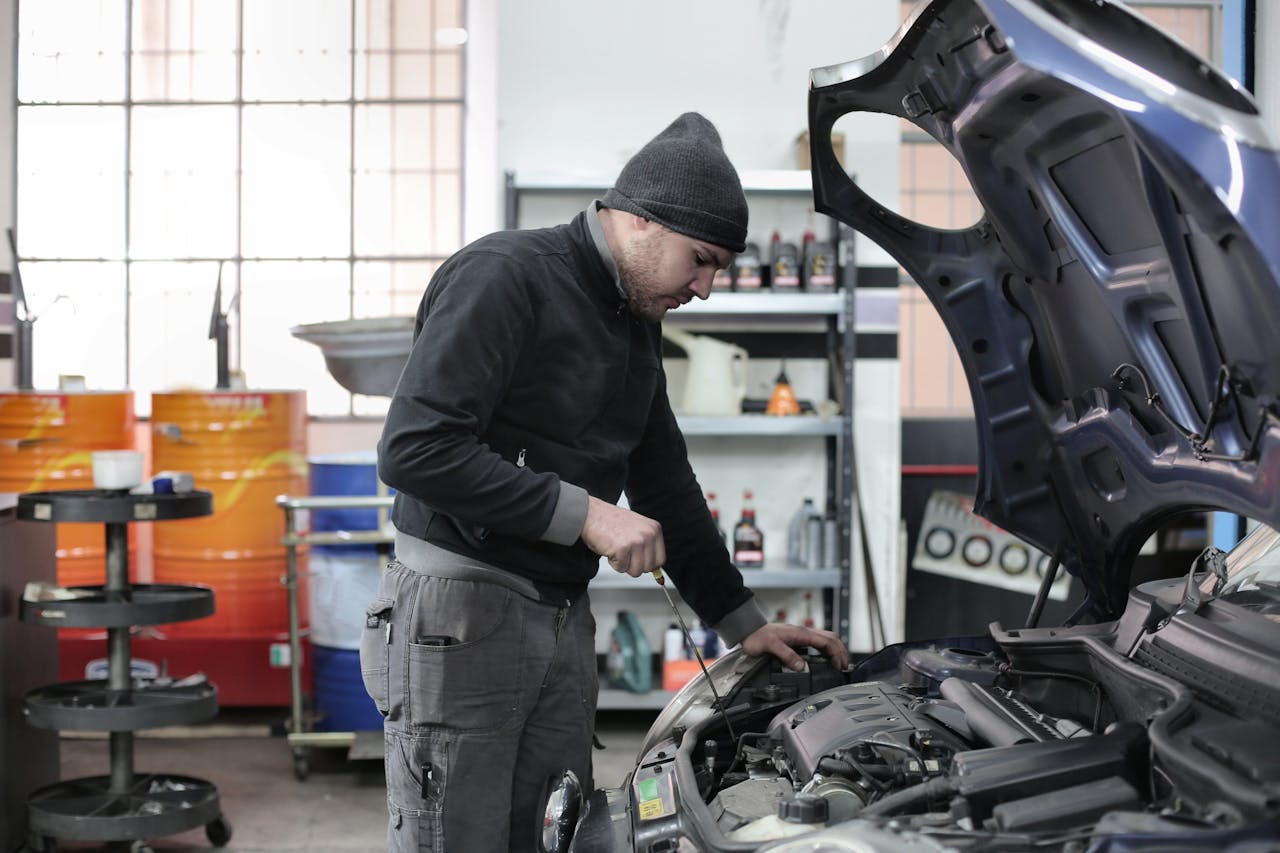
With so much car advice out there, it’s easy to see how some myths and bad tips get passed around. But when it comes to your vehicle, it’s important to separate fact from fiction. Listening to the wrong advice can cost you time, money, and maybe even your safety. The best bet? Stick to what your car’s manufacturer recommends and always consult with a trusted mechanic when in doubt.
Leave a Reply